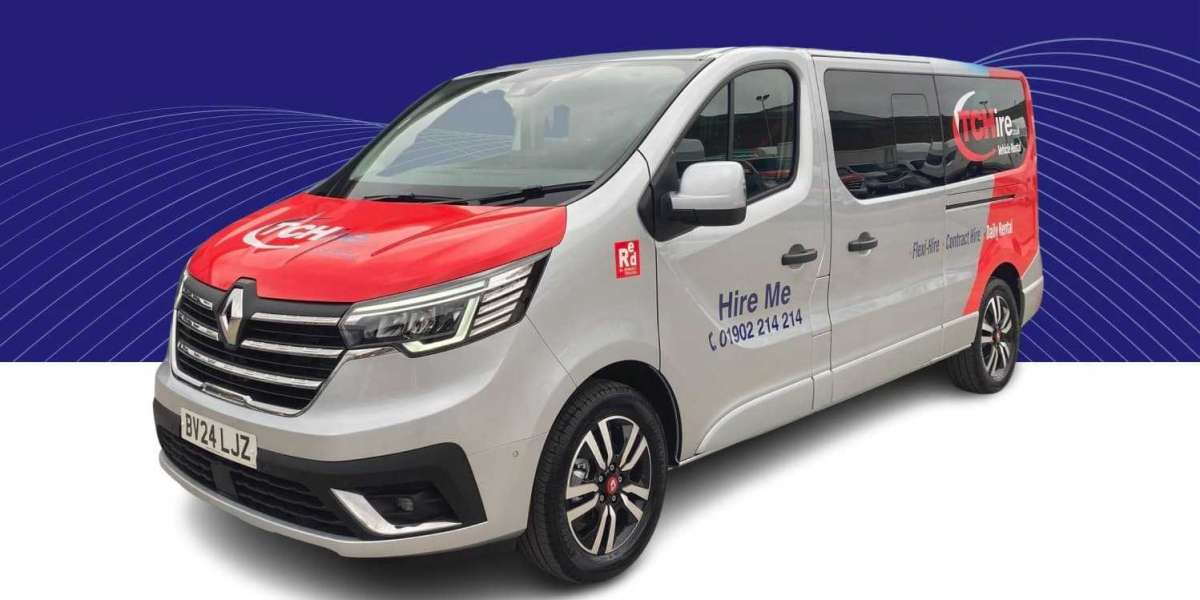When utilising a commercial chiller, maintaining the equipment's efficiency and cleanliness is essential for optimal performance. Rented chillers play a critical role in various industries, from food and beverage to pharmaceuticals, where temperature control is paramount. Proper servicing and cleaning not only ensure that the chiller functions effectively but also prolong its lifespan and maintain product quality.
This article outlines best practices for servicing and cleaning a rented commercial chiller to ensure it operates at peak efficiency.
1. Understand the Manufacturer’s Guidelines
Before undertaking any servicing or cleaning, it's crucial to familiarise yourself with the manufacturer’s guidelines specific to the rented chiller unit. Each model may have different requirements and recommendations for maintenance and cleaning procedures. Consult the operational manual provided by the rental company, which typically includes essential information on servicing intervals, recommended cleaning agents, and safety precautions. Adhering to these guidelines ensures that the chiller is maintained correctly and reduces the risk of damaging the equipment.
For example, a food processing facility that rents a chiller must pay attention to the cleaning methods recommended for food-grade equipment. Using harsh chemicals not approved by the manufacturer could lead to contamination and compromise product safety.
2. Regular Inspections and Monitoring
Regular inspections of the rented chiller are vital for identifying potential issues before they escalate. Schedule routine checks to monitor the unit's performance, including temperature consistency, energy consumption, and unusual noises. Look for signs of wear, such as frayed wires, leaks, or frost buildup on evaporator coils, which can indicate underlying problems.
For instance, if a commercial kitchen relies on a rented chiller to store perishable ingredients, conducting daily inspections can help ensure that temperatures remain within safe ranges. Detecting a malfunction early allows for timely intervention, preventing food spoilage and financial loss.
3. Cleaning the Condenser and Evaporator Coils
The condenser and evaporator coils are critical components of a commercial chiller. Over time, dust and debris can accumulate on these coils, hindering their efficiency and leading to higher energy consumption. To maintain optimal performance, it is essential to clean these coils regularly.
Start by turning off the chiller and disconnecting it from the power supply. Use a soft brush or vacuum to remove dust and dirt from the coils, being careful not to damage the fins. In cases of heavy buildup, a specialised coil cleaner can be applied to break down grime. Following the cleaning, rinse the coils thoroughly and allow them to dry before reassembling the unit. This routine maintenance not only enhances efficiency but also extends the lifespan of the chiller.
4. Drain and Clean the Condensate Pan
The condensate pan collects moisture that condenses during the cooling process. If not cleaned regularly, this pan can become a breeding ground for mold and bacteria, leading to unpleasant odors and potential contamination of stored products. To maintain hygiene, it is essential to drain and clean the condensate pan periodically.
Start by turning off the chiller and locating the condensate drain. Remove any debris or blockage from the drain line, and clean the pan with a mild detergent and warm water. Rinse thoroughly and ensure that the drain line is clear to prevent water accumulation. Regularly cleaning the condensate pan helps maintain a sanitary environment and ensures that the chiller operates efficiently.
5. Monitor Refrigerant Levels
Refrigerant levels play a crucial role in the performance of a commercial chiller. Insufficient refrigerant can lead to inadequate cooling and increased energy consumption. During routine servicing, check the refrigerant levels in the system and look for any signs of leaks. If levels are low, it may indicate a leak that requires immediate attention.
For instance, if a manufacturing facility notices that their rented chiller is struggling to maintain temperature, they should inspect the refrigerant levels and consult the rental provider for professional assistance. Addressing refrigerant issues promptly not only ensures optimal cooling performance but also prevents further damage to the system.
6. Engage Professional Servicing When Necessary
While regular maintenance can be performed in-house, certain servicing tasks should be left to professionals. Engaging qualified technicians for comprehensive servicing, including refrigerant recharging, electrical system checks, and complex repairs, ensures that the chiller remains in top condition. Rental companies often provide maintenance services as part of the hire agreement, allowing businesses to focus on their core operations while ensuring the chiller is properly serviced.
For example, a hospital utilising rented chillers to store critical medical supplies should prioritise professional servicing to guarantee that the units are functioning correctly and maintaining the required temperatures. Regular professional inspections can also identify potential issues that may not be apparent during routine checks.
Ensure Optimal Performance with Proper Care
In conclusion, servicing and cleaning a rented commercial chiller is essential for maintaining efficiency and ensuring product quality. By following best practices such as understanding manufacturer guidelines, conducting regular inspections, cleaning coils and condensate pans, monitoring refrigerant levels, and engaging professionals for servicing, businesses can optimise the performance of their rented chillers. For those seeking reliable commercial chiller hire solutions, Andrews Sykes offers top-quality equipment and expert support, ensuring that your cooling needs are met with professionalism and efficiency.







